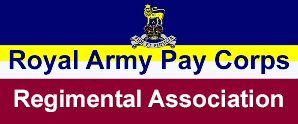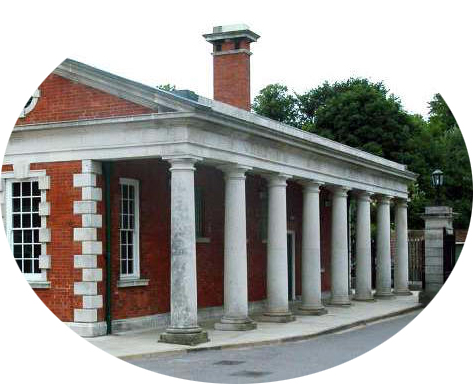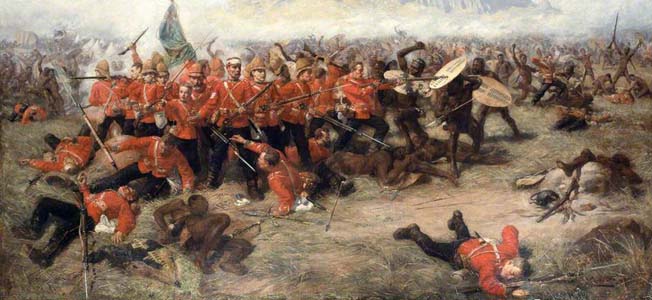
RAPC Virtual Museum

South African Campaigns
Army Pay Department and Army Pay Corps in South Africa 1879-1902
Zulu Wars
Francis Freeman White was an officer in the Army Pay Department attached to the 1st Battalion 24th Regiment. He joined the army as an ensign on 15th Feb 1850, promoted to lieutenant on 5th May 1854. He joined the 24th as paymaster on 11th July 1856 and was appointed honorary major on 11th July 1866. Paymasters are not normally expected to fight alongside the rest of the regiment but at Isandhlwana on 22nd Jan 1879, at the age of 49, he had no choice but to fight and die like the rest of them.
Paymaster Francis White's body was found to the left of the 2nd battalion 24th camp. He had apparently been fighting with the companies on the left. The Paymaster-Sergeant George Edward Mead was also killed during this action.

Boer War
Background
The Anglo Boer War was fought by Britain and her Empire against the Boers. The Boers were comprised of the combined forces of the South African Republic and the Republic of the Orange Free State. The Boer Republics declared war on 11th October 1899 and the conflict ended on 31st May 1902, a duration of 2 years and 8 months.
There were three distinct phases to the War:
Stage 1 - Boer offensive. At first, the Boer republican fighters were successful in three major offensives. Their commandos invaded northern Natal and besieged the town of Ladysmith, invaded Cape Colony to lay siege to the British garrisons in Kimberley and Mafeking. While the British did achieve some tactical victories at Talana and Elandslaagte, there were serious defeats for the British at Stormberg, Magersfontein and Colenso which became known as 'Black Week' (10th - 15th December 1899).

"Saving the guns at Colenso" Sidney Paget (1860-1908)
Stage 2 - British response. With heavy reinforcements and the assumption of overall command by Lord Roberts with Lord Kitchener as his Chief of Staff, the British turned the situation around. Imperial troops eventually relieved the besieged towns of Ladysmith (28th February 1900), Kimberley (15 February 1900) and Mafeking (18th May 1900). On 13th March 1900 Roberts occupied Bloemfontein, the capital of the Orange Free State, and on 28th May the province was annexed and renamed the Orange River Colony. On 31st May, British troops entered Johannesburg and, on 5th June, Pretoria was taken. The Transvaal was annexed on 1st September 1900. To many it seemed that the war was over. At the end of November, Roberts made a triumphal return to England.
Stage 3 - Guerrilla war. Under the leadership of Louis Botha, Christiaan de Wet, Jan Smuts and de la Rey, the Boers abandoned the British style of warfare and increased their reliance on small and mobile military units. The mobility of these units enabled them to capture supplies, disrupt communications and undertake raids on the army of occupation. They were very successful in evading capture. In response, the British embarked on a scorched earth policy to deny supplies to the fighters. Approximately 30,000 farms were burnt. In March 1901 the need to restrict the movement of the Boers brought the development of 8,000 blockhouses and 3,700 miles of wire fencing guarded by 50,000 troops. This was followed by a number of 'drives' which had the intention of cornering the Boers but the operations mainly produced large numbers of displaced Boer and African families. These refugees were sent to concentration camps around South Africa. These measures were largely responsible for bringing the Boers to the negotiation table to end the War.
